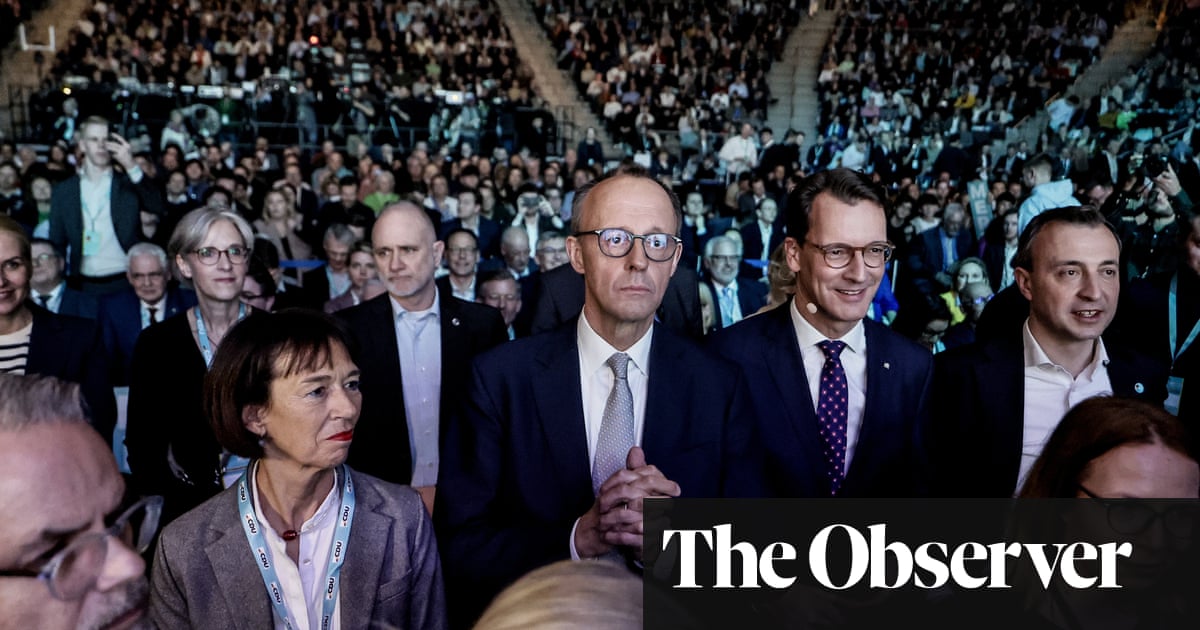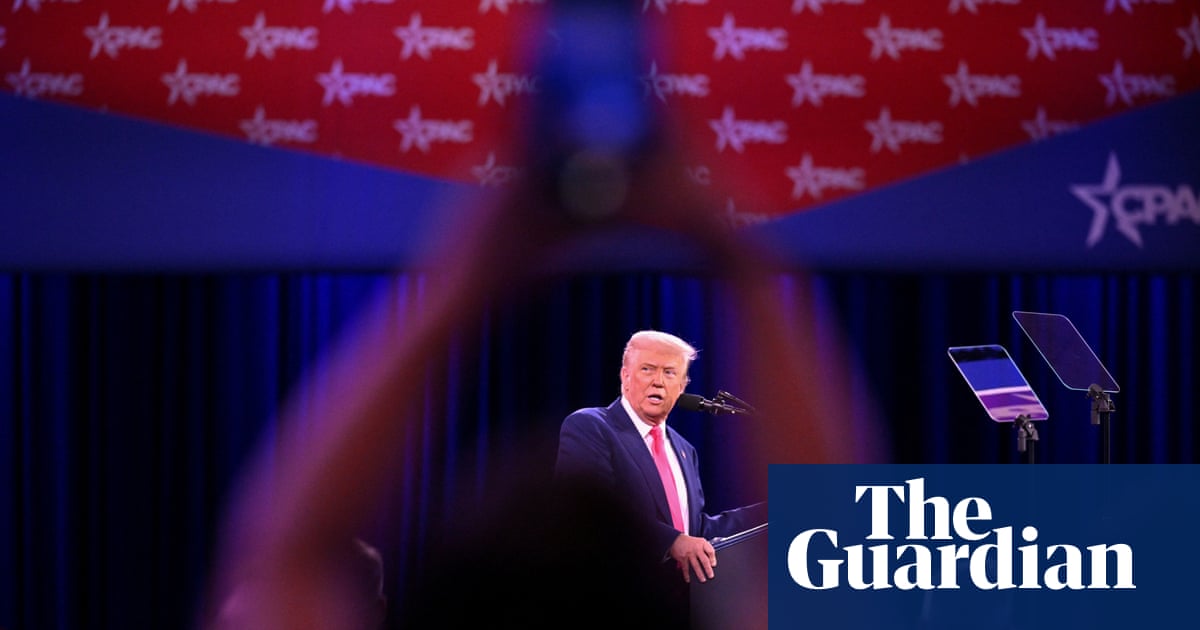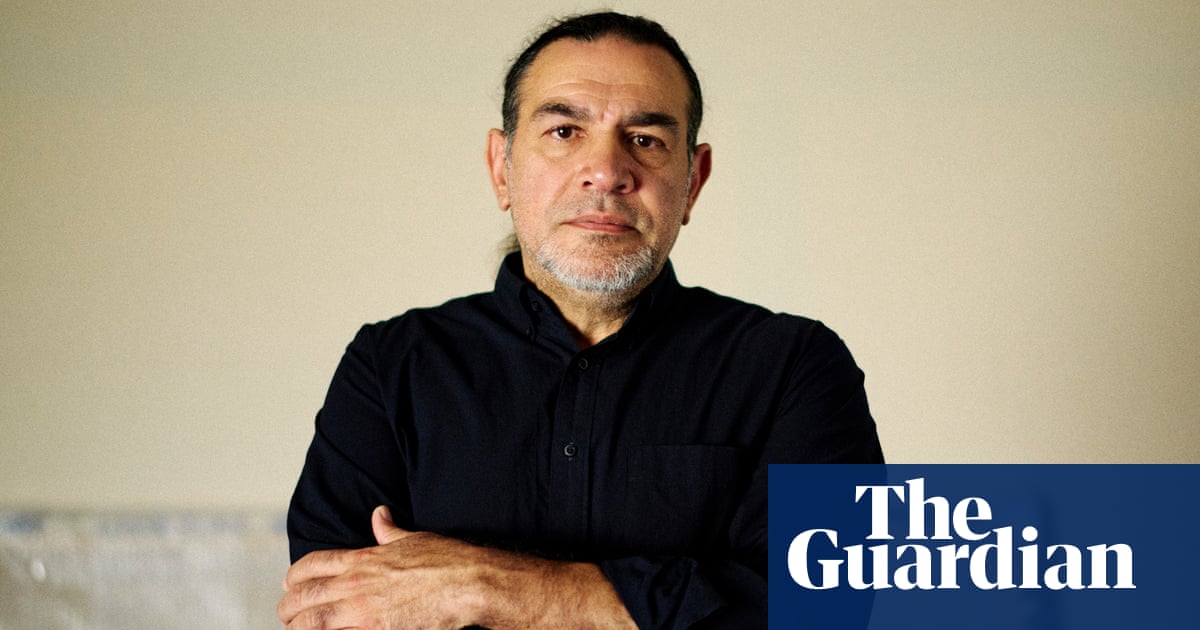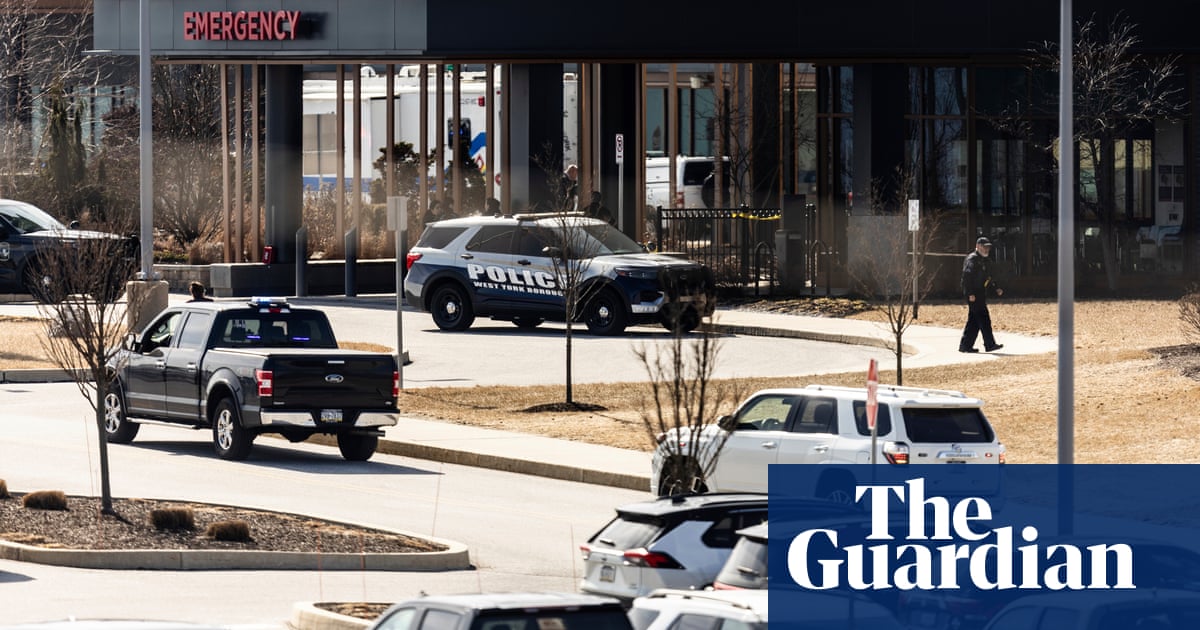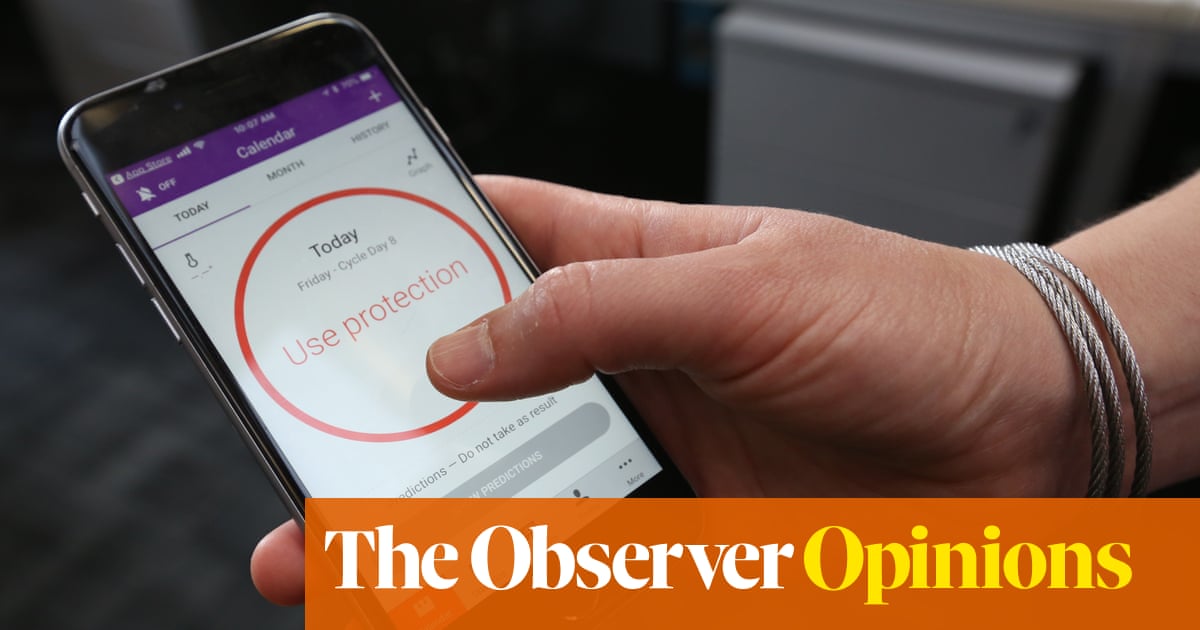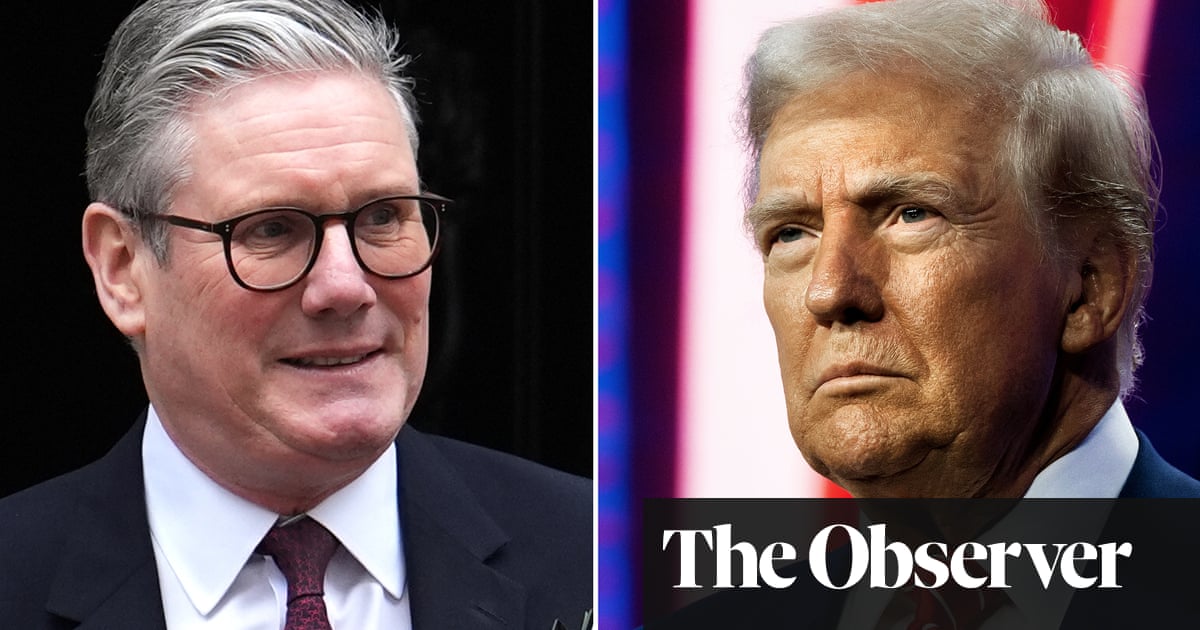The families of the Manchester Arena bomb victims have said they are “extremely disappointed” after judges ruled they could not continue their legal action against MI5.
More than 300 people affected by the suicide blast had sued the Security Service on the grounds that its failure to prevent the atrocity on 22 May 2017 breached their human rights.
An inquiry into the bombing, which killed 22 people and injured hundreds more, concluded this year that MI5’s failure to act swiftly on crucial intelligence was a “significant missed opportunity”.
Lawyers for the families told a hearing of the investigatory powers tribunal (IPT) this month that the agency showed “institutional defensiveness rather than candour” after the attack and for years continued to present an “inaccurate picture” of its intelligence.
But in a ruling handed down at the high court in London on Friday, two senior judges said the case could not proceed because it had been brought too late.
Lord Justice Singh said: “We are particularly conscious of the importance of the rights concerned … We are also conscious of the horrendous impact of the atrocity on the claimants and their families. Any reasonable person would have sympathy for them. The grief and trauma which they have suffered, particularly where young children were killed, is almost unimaginable.
“Nevertheless, we have reached the conclusion that, in all the circumstances, it would not be equitable to permit the claims to proceed.”
Three law firms representing the more than 300 claimants said they had hoped the legal action would bring “formal vindication” for the victims, and they described the ruling as “extremely disappointing”.
The law firms Hudgell Solicitors, Slater and Gordon and Broudie Jackson Canter said: “Ever since the attack in May 2017, our clients have had to endure continued delays but have done so with great patience and understanding in the hope that by allowing all legal processes to be fully explored, transparency and justice would be achieved.
“It took almost six years for the failings of MI5 to be revealed, confirmed when the inquiry chair published his Volume 3 findings in March 2023, in which he said MI5 had missed a ‘significant opportunity’ to prevent the attack. This report concluded that within this six-year period, the Security Service corporate witnesses X and J gave evidence on oath that had presented an inaccurate picture, and the same inaccurate picture had been presented to Lord Anderson when he compiled his report in December 2017.”
They continued: “Following these significant findings, our clients believed the IPT would provide the route to the formal vindication of their human rights. We are disappointed that time is one of the reasons now being used against them to prevent their claims progressing. Seven years have now passed since the atrocity in May 2017 – six years of that seven-year delay was caused by MI5.
“This judgment certainly doesn’t exonerate MI5. There were failings by MI5 and multiple other parties leading up to and on the actual evening of 22 May 2017 and collectively we continue to support our clients in their fight for full accountability and justice.”

 3 months ago
57
3 months ago
57

